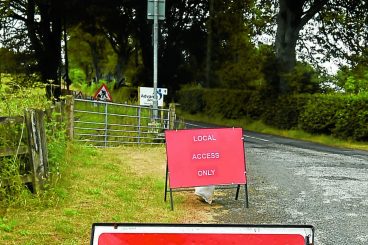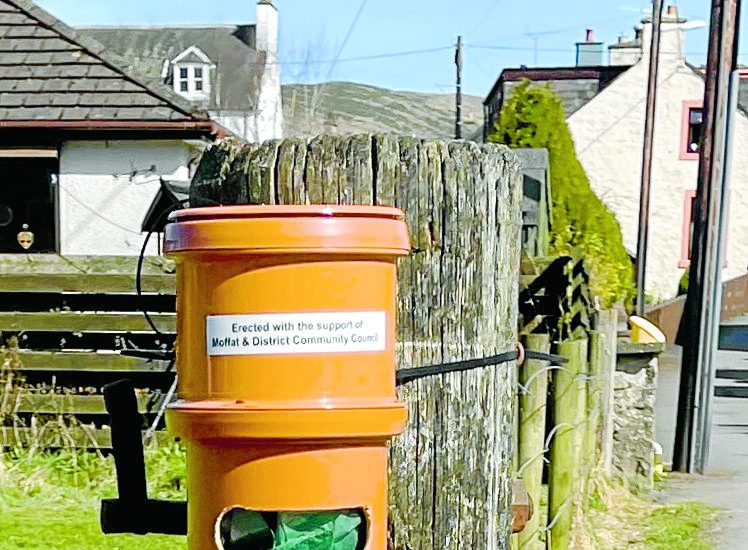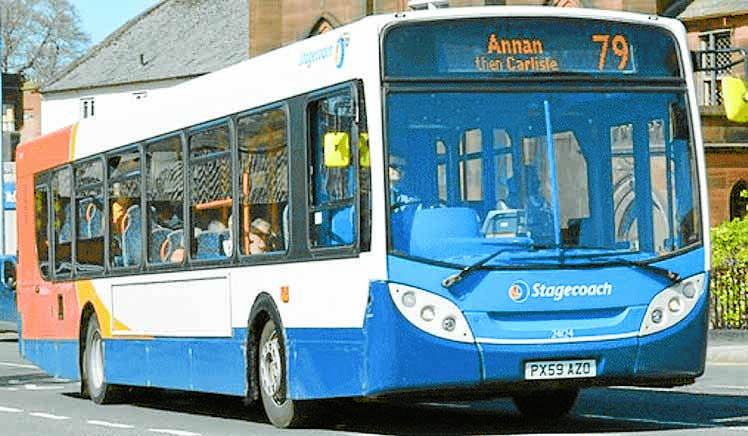Over the last year people from across Dumfries and Galloway took part in research on alcohol in rural parts of Scotland.
And they told project leaders from Scottish Health Action on Alcohol Problems (SHAAP) that most of the area’s festivals and galas have a link to alcohol and crime rates tend to go up on these days too.
The local participants also noted the importance of farming in the area and highlighted that the cultural and social norms of the farming community were particularly linked with alcohol.
They stated that stigma is a significant barrier to accessing services regionally, given the nature of small communities, meaning that anonymity was difficult, if not impossible, to maintain if seeking help and support.
Their comments were fed back into SHAAP’s overall study, Rural Matters: Understanding alcohol use in rural Scotland, which underlined that the use of alcohol is bound up with emotion, belonging, reward and leisure opportunities, tradition, celebration and hospitality. Furthermore, frequent use of alcohol plays a central role in socialising in many Western countries and is specifically valued in Scotland and the UK more widely.
Alcohol consumption was considered a fun, sociable activity and it was stressed by many of those taking part that there was simply not much else to do in rural environments.
Social pressure to keep drinking was another point raised and it was indicated that all social occasions, such as weddings, funerals, birthdays, traditions etc, were all centred on alcohol, making it challenging for non-drinkers to participate.
The finished, published study concluded: “While alcohol harms are complex in their origins and development just like anywhere else in Scotland, there are certain factors associated with remote and rural communities which may exacerbate alcohol harms. These include isolation, lack of recreational activities, lack of transport links, strong economic and cultural ties to alcohol and heightened stigma due to the nature of living in a small community where “everyone knows each other’s business”.
“One of the main themes to emerge from this research is how strong a barrier to accessing support stigma represents. This may be especially damaging in rural communities where participants are more likely to know their healthcare or service provider. This acts as a barrier to seeking help in the first instance for fear of being recognised and having their standing in the community compromised.
“People living in rural areas may also have limited options for seeking other assistance if their healthcare provider does not provide adequate support. Stigma was also reported to be present online on social media and in local media.”
SHAAP have also drawn up a list of recommendations for action, including the need for explicit strategies to meet the needs of individuals, families and communities in rural Scotland for alcohol prevention, treatment and support for recovery.























